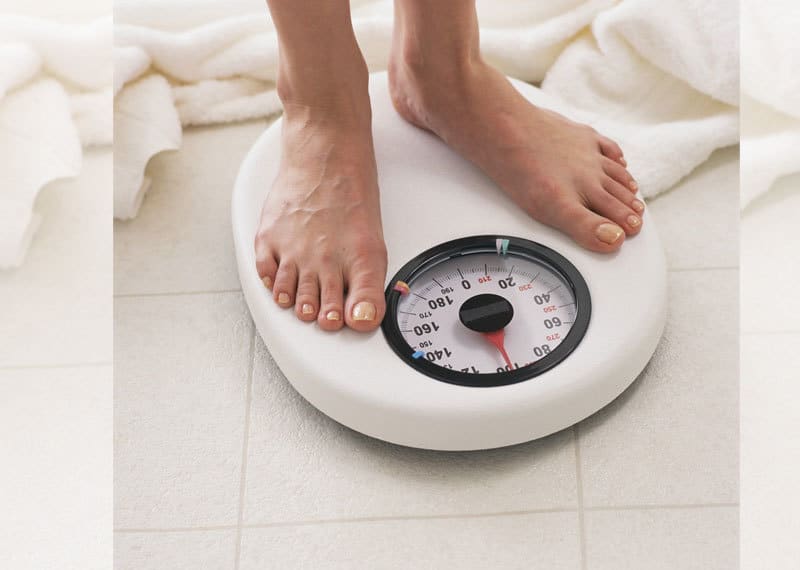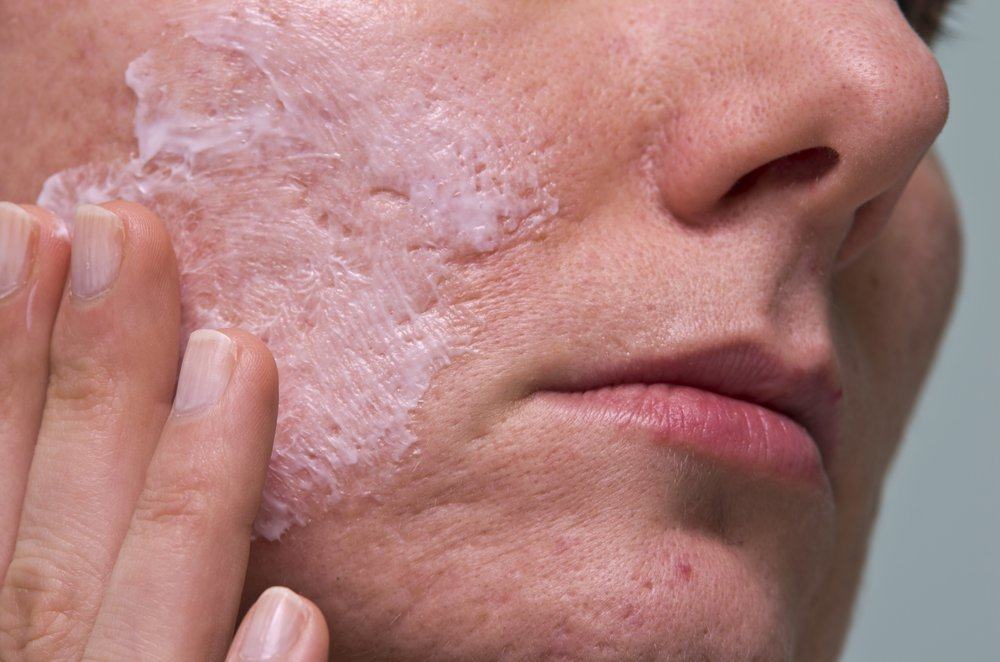Contents:
- Medical Video: Treating Nerve Pain in the Back, Neck and Legs
- The characteristics that indicate you have nerve damage
- 1. You feel numb or numb
- 2. It's hard to move
- 3. Feet feel very painful
- 4. Balance loss
- 5. Frequent urination
- 6. Frequent headaches
- 7. Removes excessive sweating
- 8. The brain's response slows down
- What should I do if I have nerve damage?
- 1. Consult a doctor
- 2. Medicines are free for nerve pain
- 3. Natural treatment for nerve pain
- 4. Applying a healthy lifestyle
Medical Video: Treating Nerve Pain in the Back, Neck and Legs
The human nervous system is a network of nerve cells that are responsible for transferring implus from the brain throughout the body in order to carry out organ functions. Therefore, do not be surprised if the damaged nervous system can affect bodily functions. This nerve damage can be caused by many reasons such as injuries, autoimmune diseases, diabetes, strokes, or side effects of drugs.
The characteristics that indicate you have nerve damage
1. You feel numb or numb
You feel numbness like numbness, tingling, or burning that spreads around your hands and feet, especially in the fingers. If you feel these symptoms while sleeping and are temporary, this is still relatively reasonable. But if you feel it over and over a long period of time, immediately consult a doctor.
2. It's hard to move
Nerve damage can reduce blood flow to certain parts of the body, so you will feel stiffness which makes it difficult to move. According to R. Glenn Smith, MD, PhD, a neurologist at the Houston Methodist, if nerve damage occurs in the motor nerve it will cause the sufferer to experience paralysis. These symptoms can also signal if there are serious problems that require quick action, such as a stroke.
3. Feet feel very painful
If you feel very intense pain continuously, feeling hot, or tingling that starts in the lower back and spreads to the legs, you may feel sciatica. This indicates that your sciatic nerve is being depressed or damaged, either due to falling or fatigue in the spine.
4. Balance loss
Do you often feel lost in balance? Like suddenly tripping or even falling? This indicates if there is nerve damage due to lack of coordination. However, it is possible that this could be a sign of Parkinson's, namely damage that occurs to nerve cells in the part of the brain.
5. Frequent urination
Nerve damage can also be a signal if your bladder is damaged. As a result, you often urinate. Especially if you give birth to a child normally or have diabetes, then you are more at risk of developing nerve damage.
6. Frequent headaches
If you experience headaches that occur repeatedly and in a short time, you may be affected occipital neuralgia which is a condition that can occur because the nerves in your neck are pinched. Check with your doctor immediately to ascertain nerve conditions in the brain.
7. Removes excessive sweating
If you sweat excessively or too little sweat without clear explanation, this could be an information signal that the nerves that carry information from the brain to the sweat glands are being disrupted.
8. The brain's response slows down
Sensory nerves should tell your brain if there are dangerous and threatening things. But in this case, sensory nerves just don't function properly. For example, you experience burns, incisions, or trauma because you do not realize if you have touched something hot, sharp, or something that does not make you comfortable.
What should I do if I have nerve damage?
If you experience some of the signs mentioned above, here are some ways you can do:
1. Consult a doctor
Your doctor is your best friend to treat nerve damage. Be a cooperative patient, how to answer all the general questions raised by doctors such as how the pain is felt, how long it feels pain, and how influential the daily activities are, you have helped the doctor determine the causes of pain and how to treat it.
2. Medicines are free for nerve pain
There are various types of over-the-counter painkillers on the market. This drug is often used as the first drug to reduce or stop nerve pain. Components in pain medication usually containnonsteroidal anti-inflammatory drugs (NSAIDs) or acetaminophen. Some of these painkillers can vary in the form of creams, gels, ointments, oils, or sprays that are applied to the skin above the area that feels pain or pain
3. Natural treatment for nerve pain
Some people with nerve pain do treatment in other ways, such as doing complementary or natural treatments. For example, doing acupuncture can help cure nerve pain. There are also some people who take food supplements (such as vitamin B-12). However, you and your doctor should discuss the use of this treatment first to ensure that this natural method does not interfere with other medical therapies that you may be undergoing.
4. Applying a healthy lifestyle
Although doctor's treatment can reduce nerve pain, but most doctors agree that when patients are committed to implementing a healthy lifestyle such as exercise, a proper diet, and maintaining body weight will increase the chances of further pain control.












